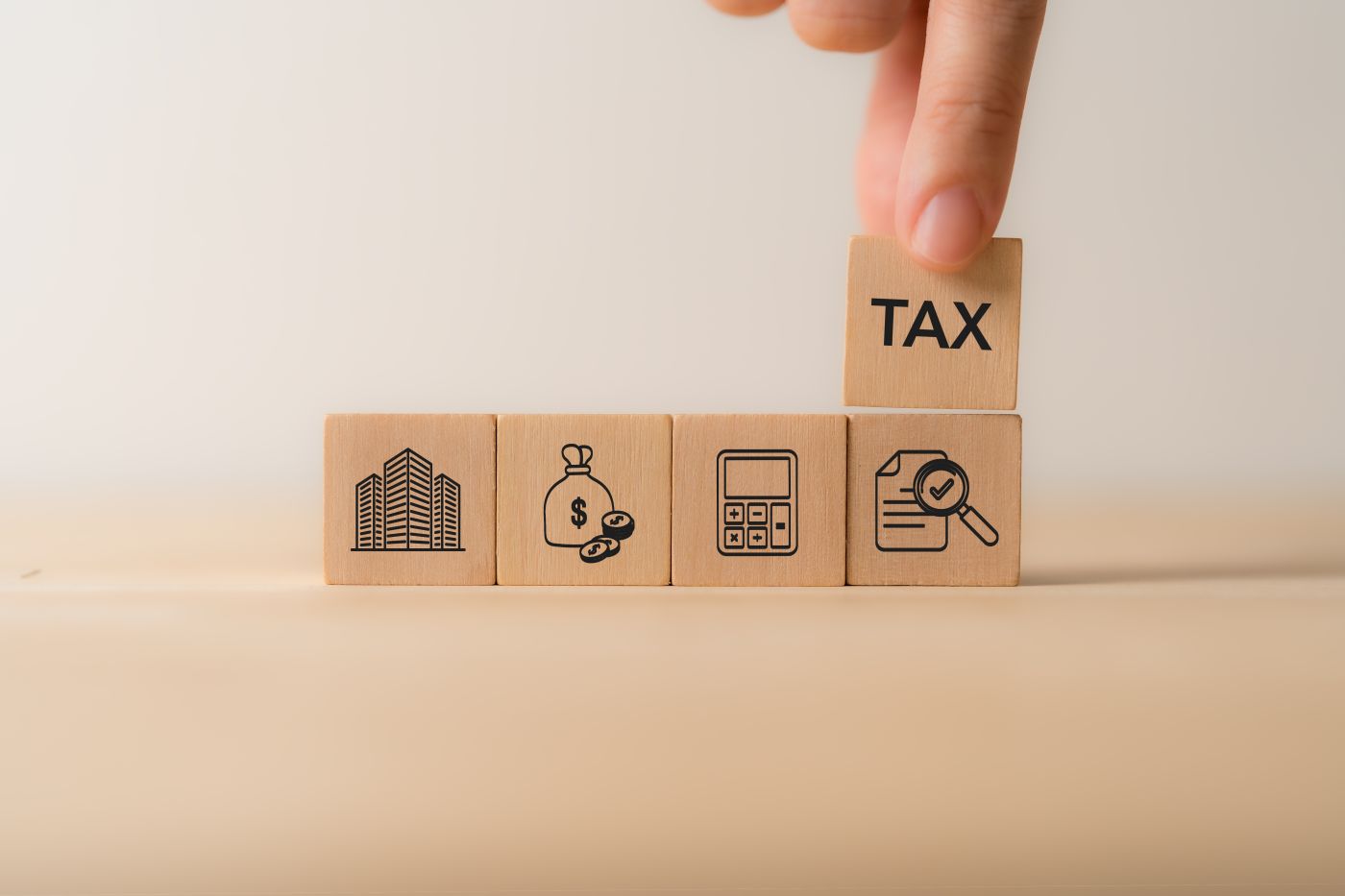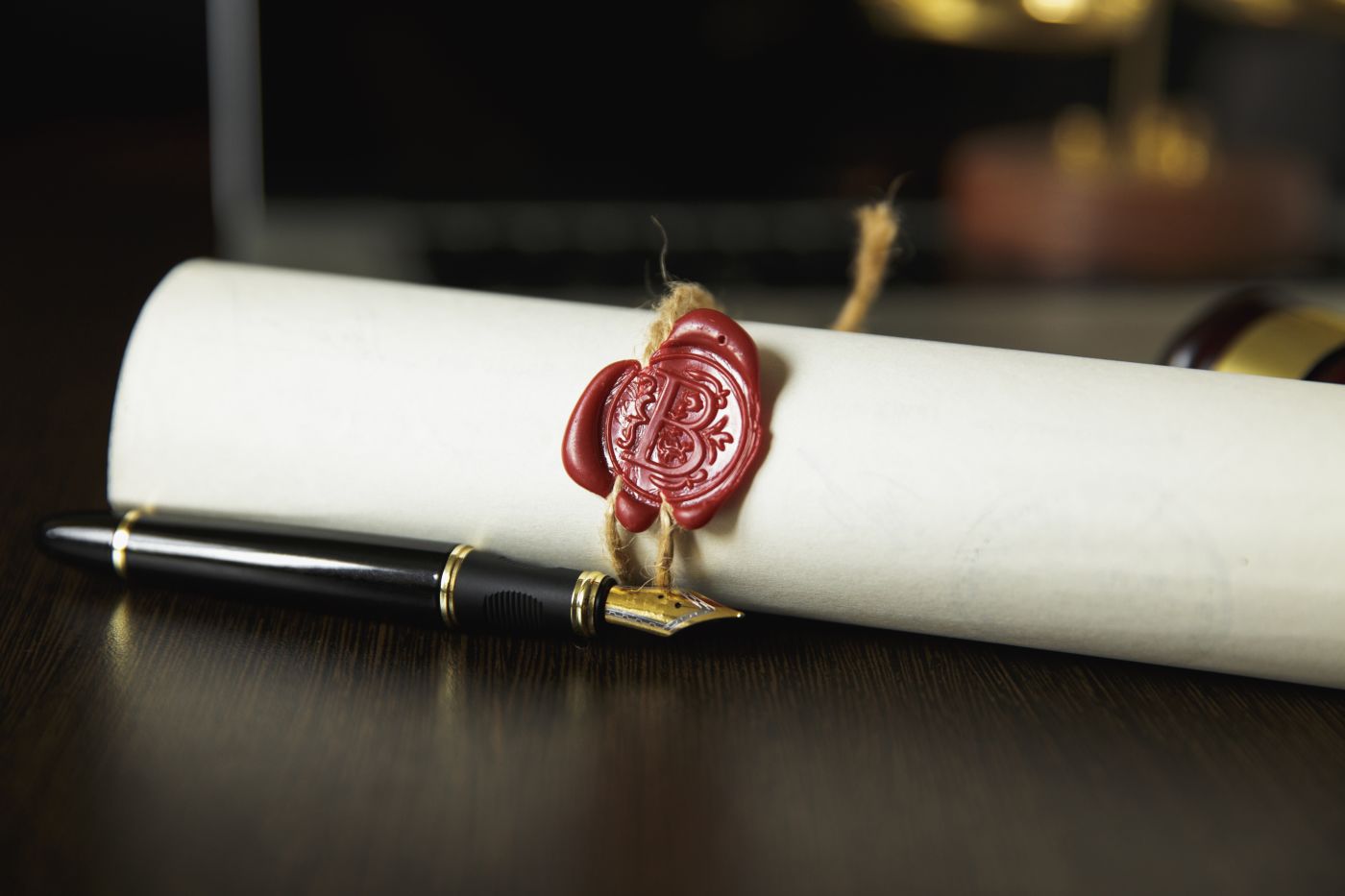Probate is essentially the legal process for closing out the estate of a deceased person according to state law. This process will include the verifying of the will, the formal or informal administration of the estate which includes inventorying assets and paying debt, distributing bequests and paying taxes, as well as the procedures for streamlining or eliminating probate for small-asset estates.
Many people in South Carolina and elsewhere believe that estate planning ends after they draw up a will. The will is just the beginning, however, for those who realize the effect that court costs and taxes will have on the assets of the estate, and who wish to plan ahead in order to preserve the bulk of their legacy for their surviving loved ones.
The difference between probate and nonprobate assets
When a person dies, anything that they own solely in their name without a beneficiary designation will go through probate. With a will, designated beneficiaries will inherit assets, but if there is no will, next-of-kin will inherit assets.
Nonprobate assets are anything the individual owned with another, such as the family home or joint bank accounts with joint ownership with a spouse, assets owned by a trust or which names the trust as a beneficiary, or assets with beneficiary designations, such as:
Life insurance policies
401(k)’s or IRA’s
Annuities
Pay-on-death (POD) or transfer-on-death (TOD) designations
Trusts may serve a variety of purposes, depending on how the individual sets them up:
he or she may set up a revocable trust, which they may change, modify, or revoke, and which is completely independent of the will. The creator of the trust may also set up a pour-over will to add probate assets to the trust.
he or she may set up an irrevocable trust, which is an excellent tax-saving tool, and often used for larger estates
he or she may create a charitable trust during their lifetime with beneficiary designations to themselves or another person, which will provide income and go to charity upon death
It is important when choosing estate-planning tools that minimize taxes to be sure to keep beneficiary designations up to date, and to make sure to coordinate those that are in the will with other documents.



